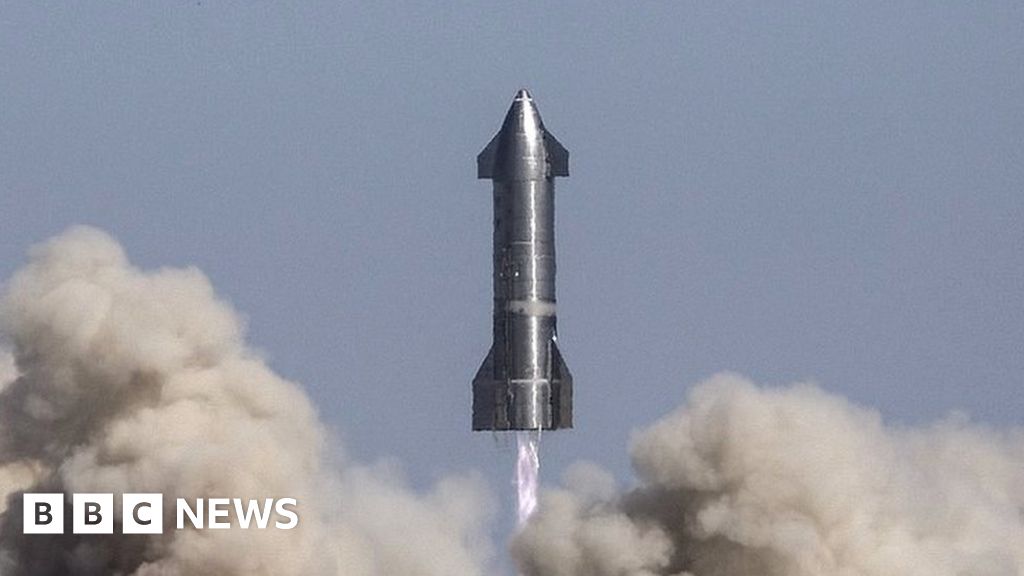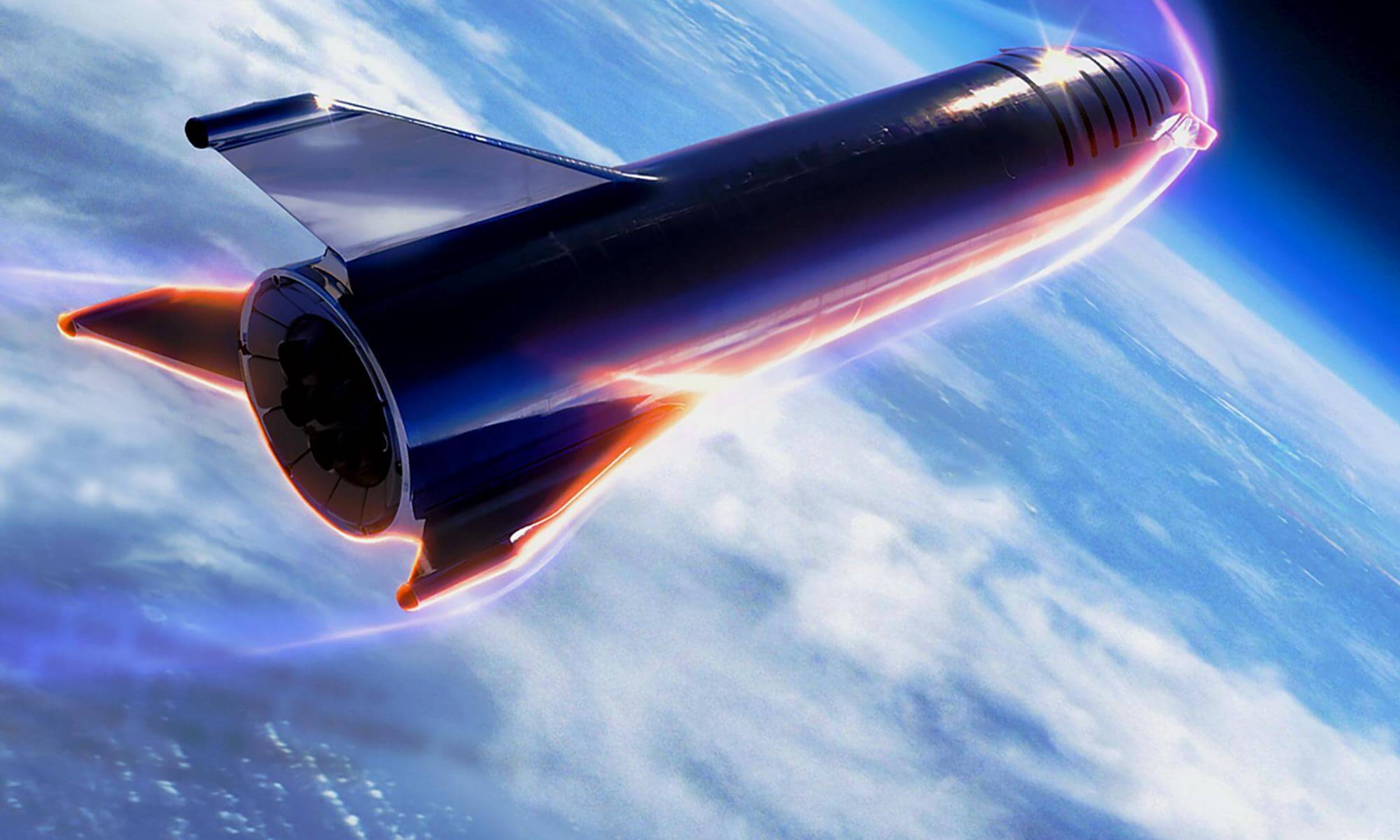Spectroscopy tells us the composition of a star and the likely elements present in e solar system. Point being any distant ET is likely to face the same issues we do, most importantly propulsion.
Look at what it takes to get a few humans into LEO, and sustain the ISS. A large scale lunar or Martian colony is a fantasy.
Economies of scale apply to commodities like computers with a high volume.
The economics of a leet of galaxy roaming star ships is astronomical. The engibeering, design, and teting alone woud be costly.
Unless there is cheap high energy density power sources any ET will be as limited as we are.
And that assues an T with our combination of brains, dexterity, speech, writing, and barin power.
Fusion Orion and light sail can get 1%c. That's enough for slowboats. Laser-pumped lightsail can do several %c. Combine that with solving aging and the stars are in reach. (Yes, there is some doubt about whether Orion could be used for planetary launch as you have a problem with overheating the pusher plate, but when you're not facing gravity losses you can just be more gentle and allow enough cooling time.)





